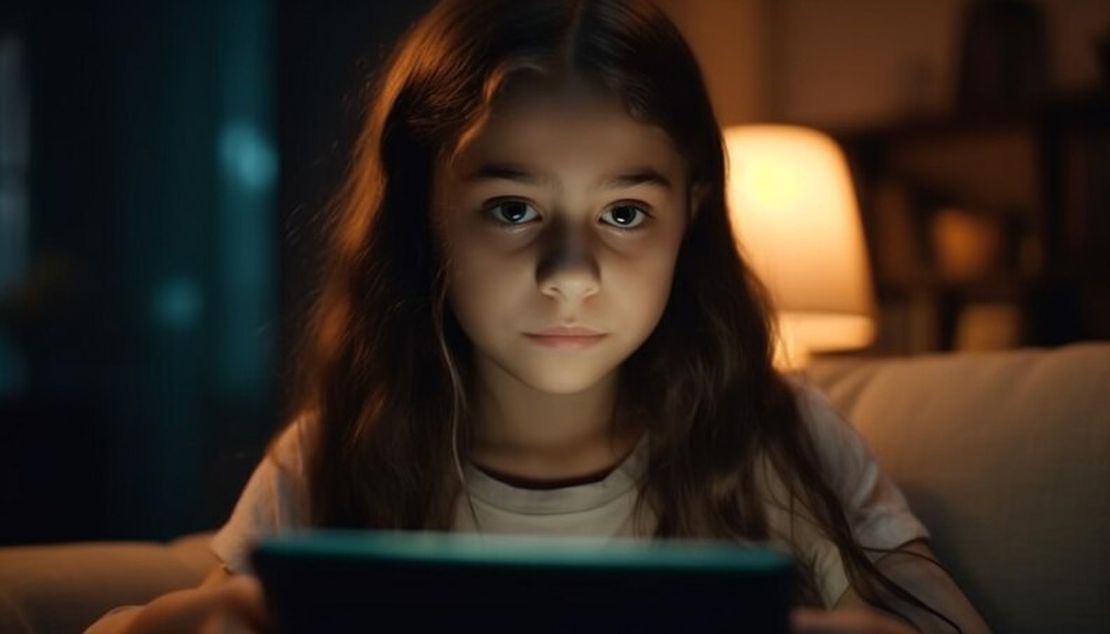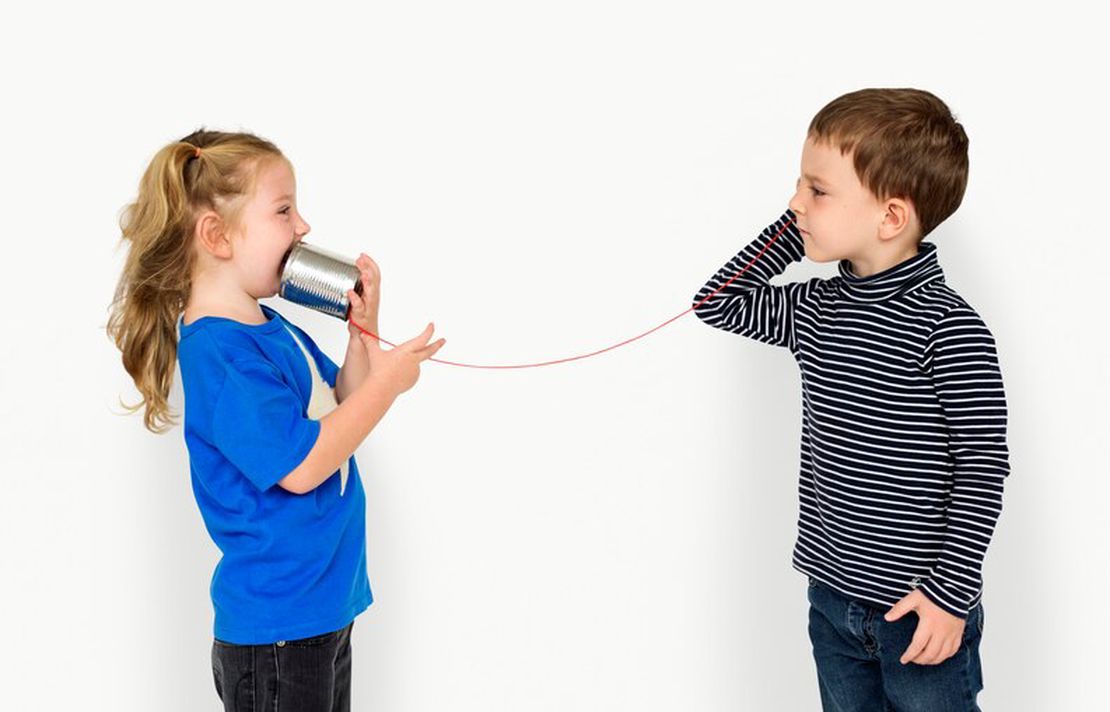Questions that almost every parent wonders: “What happens if he sees a screen? His brother did not see anything, why was he affected? Until how old should we not show him/how old can we start showing him screens?” In fact, the answer to these questions is not the same for every child. As the brain development of each child is different, the consequences of early exposure to screens also vary between children. While some children benefit from the beneficial aspects of screen viewing, today we see that many children are also exposed to the negative aspects of screen viewing.
Negative Effects of Screen on Children’s Lives
Research has shown that children under the age of 2 cannot distinguish between an educational video they watch on a screen and a live person giving the same information. This is called the “video gap”. In another study, it was found that children learn better and retain information from a live person than from videos they watch. Now let’s think about it, can a baby who cannot distinguish between real and screen images realize the important details they see on the screen? Can they say, “These images are too fast, let me control myself a little bit, let me not be affected”? Unfortunately, they can’t say it and they can’t realize it, and they are faced with the hypnotic effect of the fast, fluid image on the brain.
What is Clip Syndrome?
Clip syndrome is a condition in which children become hypnotized by the screenshots they watch at an early stage. It can also be said that children start to look at the screen image they watch meaninglessly after a while. It also triggers language delay in children due to social isolation.
In the 0-2 age period, which is the most important stage of brain development and includes many critical periods, the incidence of various problems in children who are intensively exposed to the screen is quite high. It is seen that children get used to the fast movements they see on the screen and involuntarily increase their mobility in their daily lives accordingly. Over time, this situation triggers distraction in children and causes attention focusing problems in children in the future.
After the 18th month, symbolic play skills, which we expect to develop, are based on imitation skills. With imitation skills, children enter the natural learning process. Children learn to imitate through repetitive play and verbal communication with their parents. However, we see that weaknesses in imitation skills emerge in infants who are exposed to intense screen exposure in the early period. The screen, which is a one-sided communication tool, causes the imitation skills of children to atrophy after a while because it does not make sense of any sound children make, any behavior they do, and does not repeat and respond to the child. Social delays occur in babies who stop imitating their natural life over time. Babies whose social play skills do not develop need to be made sense of by someone more as they get older. When there is not enough interaction with the baby, babies begin to develop various stereotypical behaviors. These meaningless repetitions, which are completely distracting behaviors, appear as signs of autism in children.
If we look at the negative effects in the preschool period, we see that children’s exposure to violent visuals with the wrong program preference causes behavioral problems.
At What Age Should I Watch Screen? What are the educational aspects of the screen?
Many families claim that the screen has educational aspects. Therefore, they let their children watch many videos that they think have educational aspects. When we look at the research, we see that the educational aspects of watching screens are mentioned. However, it is argued that this situation depends on the content of the screen image, the age at which it is shown to children, the duration of the viewing and whether the parent accompanies this situation. It has been observed that after 18-24 months, children’s ability to learn information from the screen gradually begins to form. Considering the developmental age of Turkish children, 18 months and later, which is considered the critical period of social play development, is an important time interval. Therefore, we think that not showing screens to children until at least the 24th month is beneficial for general development, attention focusing and social interaction process. We recommend that children with developmental delays or at developmental risk should not see screens until the risk factor is eliminated.
Parents can make sure that their children are developing normally, and after the 24th month, they can allow their children to watch the screen with a maximum time restriction of 15-20 minutes by actively participating themselves with the right program choice. In this process, families should interact with their children’s screen watching by asking “why, who, where, when and for what” questions. They should also explain the content of the program to their children with logical explanations. They should also remember that they should not leave their children alone in this process.
Do not use the screen as a reward!
Dear parents, “My child is so addicted! He can’t eat without a screen! He never sleeps without watching!…” Do we remember these sentences from somewhere? Let’s think a little about the reason for these sentences that many parents utter and exclaim “but my child is so used to watching!”. Is this screen preference really your child’s habit or yours? Yes, the answer is obvious. This situation, which causes addiction in the child after a while, is actually the habit of the parents. Over time, this 3T becomes an indispensable toy for children. Trying to fulfill the play that children need with television triggers communication problems between children and family. After a while, it became a reward, but it became unmanageable.
If you get used to reading a book to your child while feeding, before going to sleep or during a journey, instead of using a tablet, phone or television, and if you get used to happily playing games with your child, no matter what the circumstances, you will not need to prefer the screen. Why? Because your child will learn to have fun with you, will learn to forget his/her anger crisis by having fun, and as his/her communication with you increases, he/she will get used to finding solutions to problems by talking.
So, dear parents, play lots of interactive, fun games with your children to strengthen the bonds of communication between you. Don’t be forced to choose unnecessary, harmful stimuli. Remember that every moment spent with pleasure in the early period is an important stepping stone for later development…
Bibliography
- Media Use by Children Younger Than 2 Years, Council on Communications and Media;
- Pediatrics 2011;128;1040 DOI: 10.1542/peds.2011-1753 originally published online October 17, 2011; The online version of this article, along with updated information and services, is located on the World Wide Web at: http://pediatrics.aappublications.org/content/128/5/1040




